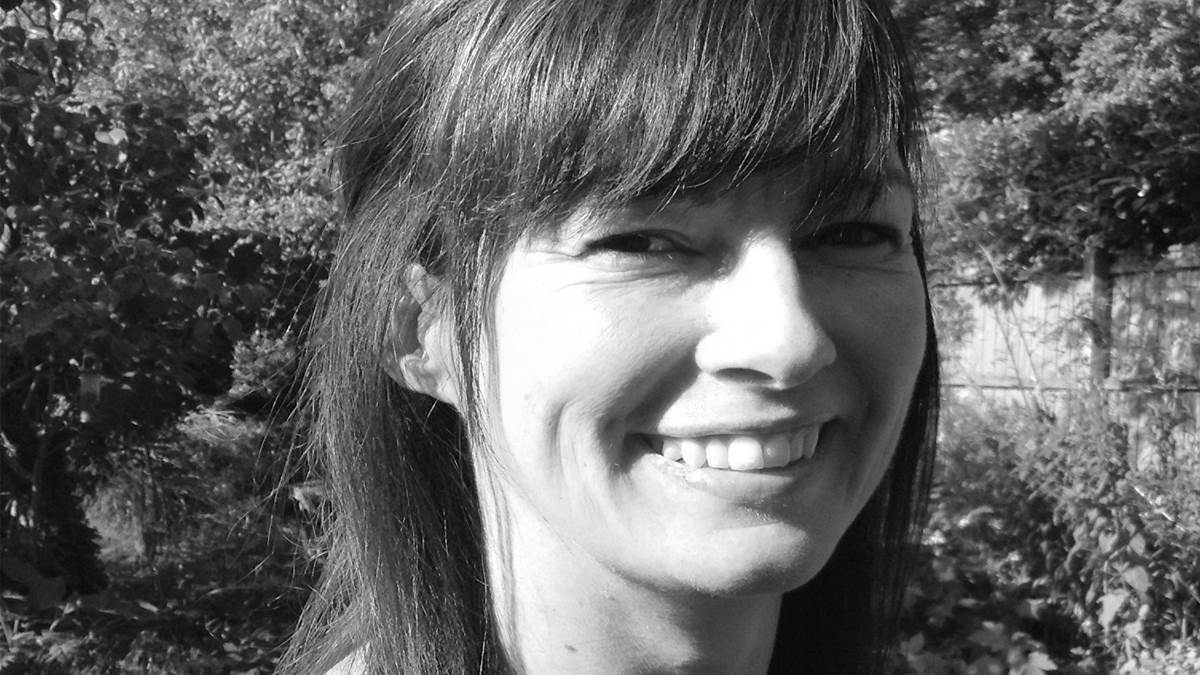Writing about OCD: ‘It can show itself in so many ways’
Published on: 12 January 2017 Author: Alex Strick
Lisa Thompson has written The Goldfish Boy: a remarkable book about a boy with OCD who sees something mysterious from his window.

She answers a few questions about why she chose and wrote about the condition in her book.
The Goldfish Boy was our Bookmark book of the month in January 2017
What inspired you to create the character of Matthew?
I liked the idea of a character who, for whatever reason, spends a lot of time in their room but who witnesses something out of the window which upsets their routine.
The Goldfish Boy started out as a short story, but Matthew's voice stayed with me and I felt there was more there that could be expanded into a novel.

How did you research the subject?
I saw a Channel 4 documentary a while ago about Obsessive Compulsive Disorder (OCD), presented by the comedian Jon Richardson, and it really shocked me how debilitating the condition can be and it stuck in my mind.
I met up with a psychologist who specialises in the condition and we discussed how Matthew could be affected. I have a friend with OCD who read early drafts and helped a great deal. I also read books on the subject and lots on the internet.
Do you have any personal experience of living with OCD?
No, not personally, which is why I was intent on doing lots of research.
What sort of thing did you learn that you hadn't previously known about OCD?
I didn't know that OCD could manifest itself in so many ways; from intrusive thoughts to overwhelmingly complex 'routines'.
Matthew has a fear of germs, which is possibly the one most people know of, but he is also terrified by the number 13 as I wanted readers to know there were other forms of OCD.
Which came first - the idea for the plot or the character with OCD?
The plot came first. I wanted Matthew to be restricted to his house and the more I learnt about the condition, the more I knew that this would be the reason why.
I very much wanted him to be a boy who is funny, intelligent and loving, yet who happens to have OCD. I didn't want him to be defined by his illness.
The book succeeds in being both honest about the realities of living with OCD while also offering hope about the future. Was this a difficult balance to strike?
Yes, in a way. I wanted the reader to understand how debilitating the condition can be but I also wanted a sense of hope that Matthew is taking a small step on the road to recovery, without having him skipping off into the sunset 'cured'!
There's a real sense of drama and suspense about the book – did your past experience with radio plays help?
Probably not so much with drama/suspense as most of the plays I've worked on have been quite lighthearted or comedies!
I really admire the writers Suzanne Collins and Gillian Flynn who know how to end a chapter on a cliffhanger, and I tried my best to emulate that.
How else has your radio background helped you as a writer?
I love the radio! I've worked on some amazing plays and, like reading, there is something magical about listening and creating pictures in your mind. It's certainly helped with my use of dialogue in the book and also in inspiring ideas.
What are you working on now?
I'm busy writing my second book, which is about an 11-year-old boy who is on the run from a troubled home with his mum - and whose childhood imaginary friend makes a startling reappearance…
Topics: Bookmark, Disability, OCD, Interview, Features





